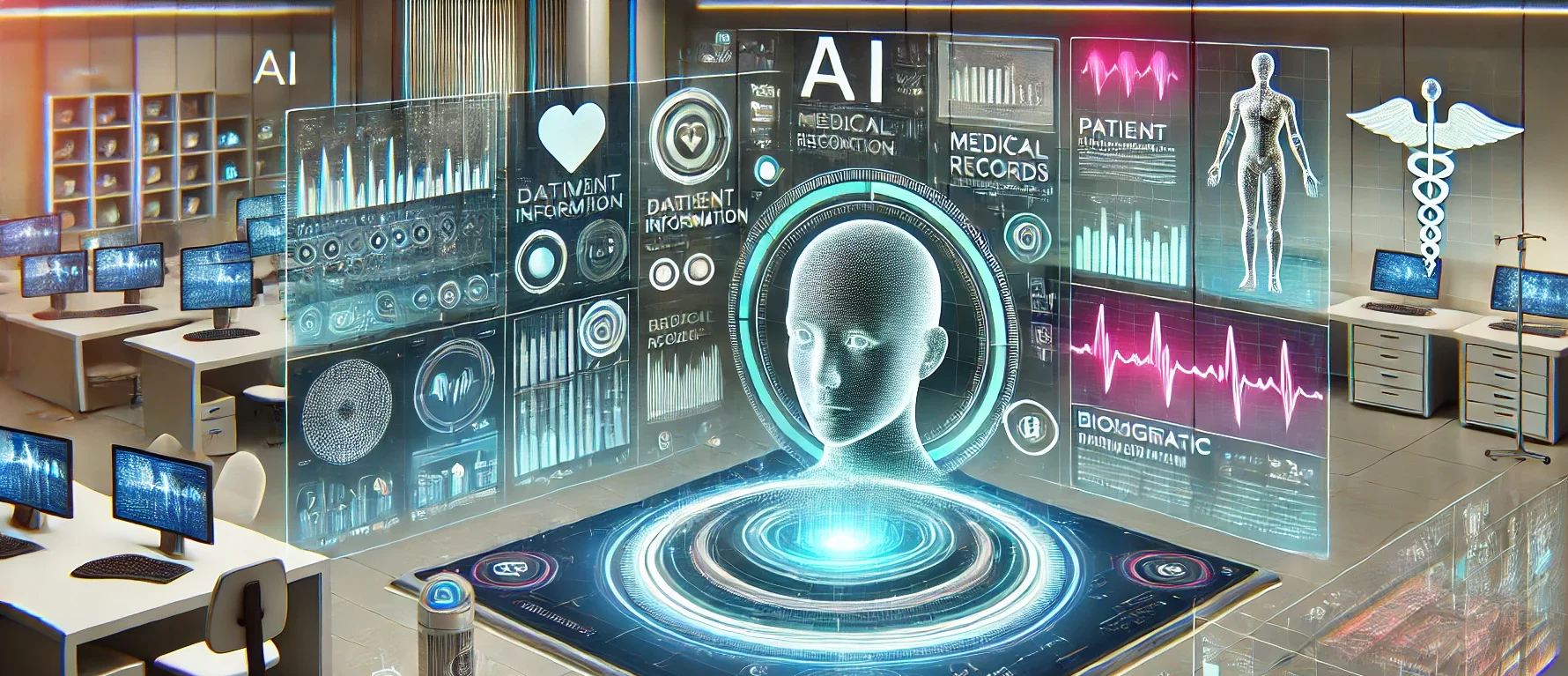Data security is more important than ever in today’s digital age, especially regarding sensitive information like medical records. Many patients and healthcare providers wonder about the safety of using tools like MyChart and the implications of allowing AI access to such data. Let’s explore these concerns in detail.
Understanding MyChart
MyChart is an online platform that allows patients to view their medical records, schedule appointments, and communicate with healthcare providers. It offers a convenient way to manage healthcare information, but is it safe?

How MyChart Ensures Data Security
- Encryption: MyChart uses advanced encryption to protect data during transmission and storage. This ensures that only authorized users can access the information.
- Authentication: Multi-factor authentication adds an extra layer of security, requiring users to verify their identity through multiple steps.
- Regular Audits: Healthcare organizations frequently audit MyChart to ensure compliance with data protection regulations like HIPAA.
Potential Risks
- Phishing Attacks: Users must be vigilant about phishing scams that could trick them into revealing login credentials.
- Human Error: Even with robust security measures, human error can sometimes lead to data breaches.
Should AI Have Access to Your Medical Records?
Artificial Intelligence (AI) has the potential to revolutionize healthcare through improved diagnostics, personalized treatment plans, and more efficient administrative processes. However, this potential comes with questions about data privacy and security. With the increasing use of AI in healthcare, healthcare providers must understand the implications and take necessary precautions.
One major concern with using AI in healthcare is the protection of patient data. As AI algorithms collect and analyze more medical information, there is a risk that this sensitive information could be accessed or used without patient consent. This has raised ethical concerns about how much control patients have over their own data and how it can be used.
In addition to privacy concerns, there are also questions about the accuracy and bias of AI algorithms. These algorithms rely on vast amounts of data to make predictions and decisions, but if the data itself is biased or incomplete, it can lead to inaccurate or discriminatory results. For example, if an AI algorithm is

Benefits of AI in Healthcare
- Enhanced Diagnostics: AI algorithms can analyze vast amounts of data more quickly and accurately than humans, leading to better diagnostic outcomes.
- Personalized Treatment: AI can tailor treatment plans based on individual patient data, improving the effectiveness of care.
- Operational Efficiency: Automating administrative tasks can reduce the workload on healthcare providers, allowing them to focus on patient care.
Data Security Concerns
- Data Breaches: The more entities with access to medical records, the higher the risk of data breaches.
- Ethical Considerations: There are ethical questions about who owns patient data and how it should be used.
Balancing Benefits and Risks
Both MyChart and AI technologies offer significant benefits but come with inherent risks. Healthcare providers and patients must stay informed and practice good data security hygiene.
Tips for Healthcare Providers
- Educate Patients: Ensure patients understand the importance of protecting their login credentials and recognizing phishing attempts.
- Stay Updated: Regularly update security protocols and stay informed about the latest cybersecurity threats.
- Ethical AI Use: Ensure that AI implementation follows ethical guidelines and prioritizes patient consent and data privacy.
Tips for Patients
- Strong Passwords: Use unique passwords to access MyChart and other online platforms.
- Be Cautious: Be cautious about sharing personal information online and double-check any communications that request sensitive data.
- Stay Informed: Keep up-to-date with the latest information on data security and privacy practices.
Conclusion
The safety of MyChart and the use of AI in healthcare depend on robust security measures and informed practices by both healthcare providers and patients. While these technologies offer tremendous potential for improving healthcare, balancing the benefits with the risks and prioritizing data security at every step is essential.

